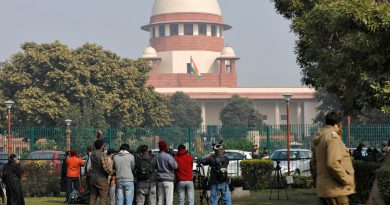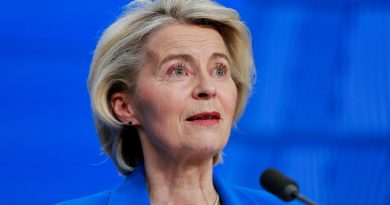Korea–GCC Seminar Highlights Cooperation in Renewable Energy and Advanced Technology
Riyadh – The second Korea–GCC Cooperation Seminar convened in Riyadh, bringing together experts, policymakers, and researchers to discuss future collaboration in renewable energy, artificial intelligence, and emerging technologies.
The event, jointly organized by the South Korean Embassy and the Gulf Research Center, aimed to strengthen strategic ties between Korea and the Gulf states.
The seminar focused on expanding cooperation in key sectors such as the circular carbon economy, transportation, AI, digital data systems, defense, space, energy transition, and hydrogen production.
Participants explored new opportunities that could support long-term sustainable development across both regions.
Acting Korean Ambassador Moon Byung-jun said the timing of the seminar reflected the growing momentum in high-level exchanges between Korea and GCC countries.
He noted that these engagements demonstrate the strong will on both sides to expand cooperation in advanced fields.
Experts at the seminar examined trends shaping artificial intelligence, smart manufacturing, renewable technology, and digital transformation.
They emphasized that these industries are vital for economic growth and shared development objectives.
Speaking on the sidelines of the forum, the ambassador described the annual seminar as an essential platform for discussing global changes.
He said that a deeper understanding of evolving energy and technology landscapes would help both sides enhance collaboration.
He emphasized the rapid progress taking place in renewable energy within the Gulf region.
The discussion, he said, would allow both sides to exchange ideas and explore creative solutions for joint advancement.
Saudi Arabia is working to position itself as a global leader in the hydrogen economy.
The Kingdom has made major investments in green and blue hydrogen, aiming to generate half its electricity from renewables by 2030.
With its net-zero target for 2060, Saudi Arabia continues to expand projects such as NEOM’s large-scale hydrogen initiative.
These efforts are shaping a long-term vision centered on clean energy and sustainable growth.
South Korea is also accelerating its renewable energy transition, with plans to shut down all coal-fired power plants by 2040.
The country’s renewable energy capacity has grown significantly, increasing sixfold between 2013 and 2023.
The ambassador noted that South Korea’s leadership continues to prioritize partnerships in renewable energy, AI, and defense.
He cited the South Korean president’s recent visit to the UAE, where multiple cooperation agreements were discussed.
South Korea agreed to collaborate on the US-backed Stargate project, aiming to establish a major artificial intelligence data campus in the region.
The initiative will create one of the world’s largest AI data center clusters outside the United States.
Korea will contribute expertise in computing power and energy infrastructure to support the project.
This aligns with Korea’s broader ambition to become a regional hub for AI innovation.
The ambassador also highlighted Saudi Arabia’s role as a key strategic partner for Korea.
He described the Kingdom as Korea’s largest economic partner in the region and its primary supplier of oil.
He said both sides aim to strengthen cooperation beyond traditional energy ties.
Future plans include deeper collaboration in artificial intelligence, data management, and emerging technologies.
The seminar served as a platform to identify opportunities for joint projects and to explore strategies that address current and future challenges.
Business leaders, policymakers, and academics exchanged perspectives on global developments and shared experiences from their respective sectors.
Organizers said the event aims to support long-term economic resilience and technological progress for both sides.
It also works to deepen understanding of the evolving energy and technology landscapes in Korea and the GCC.
The discussions aimed to develop a roadmap for joint initiatives, policy recommendations, and future cooperation frameworks.
These proposals are expected to contribute to sustainable growth and stronger bilateral relations.
Korea and the GCC have built a longstanding partnership rooted in energy security, trade, and investment.
Decades of collaboration have strengthened economic growth in both regions and laid the foundation for expanded cooperation.
A major milestone in this partnership has been the Korea-GCC Free Trade Agreement.
It continues to reinforce the economic relationship and support shared goals for future development.


